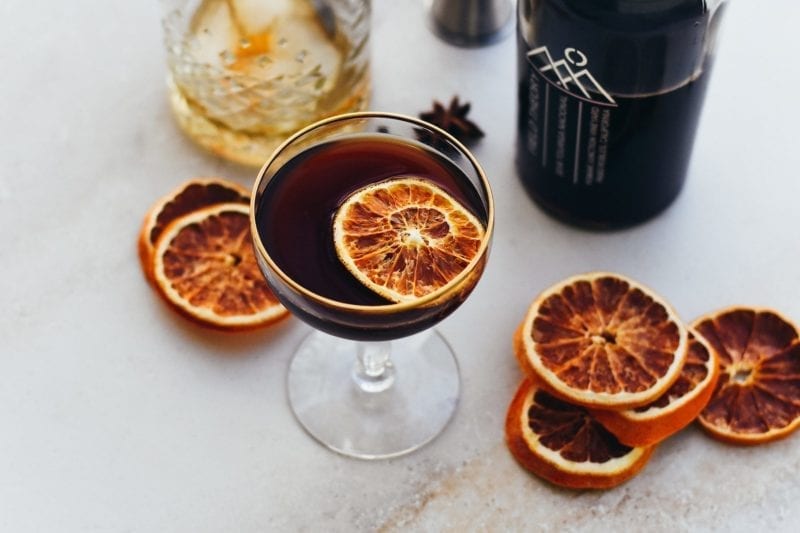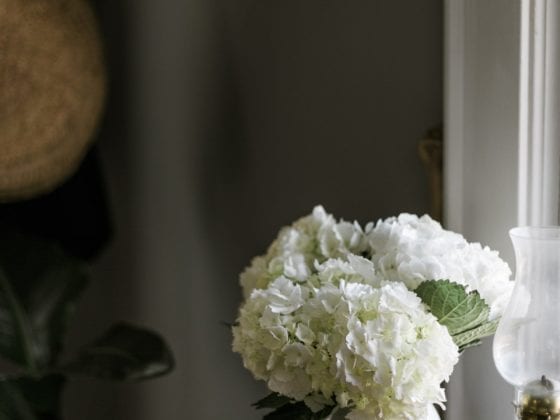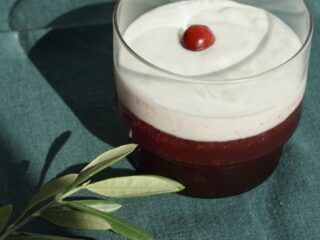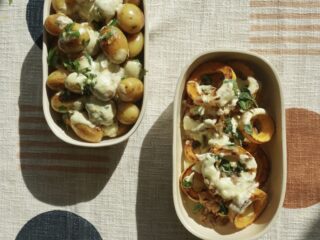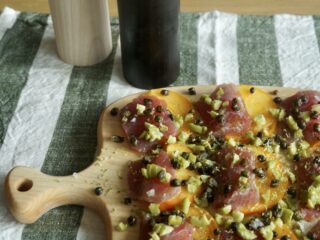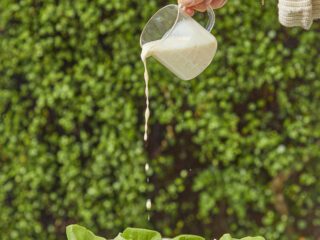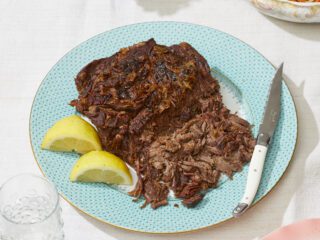Did you know there are over 10,000 grape varieties that can be made into wine? (The earth is incredible.)
And while it’s never a bad idea to have your favorite go-to vino on standby, we’re thinking a new year calls for a widening of palate. If it sounds intimidating to wander farther into the world of wine, don’t let it be. Our friends at the wine delivery service Winc exist for exactly this purpose. We’ve partnered with them on some of our favorite Darling events and every time they’ve wowed us with selections of unique varietals and smaller, lesser-known producers.
Winc Co-Founder and Chief Wine Officer Brian Smith lends his expertise below with which wines to widen your wine know-how in 2018. (Say that ten times fast…)
So, get ready to cast any intimidation aside and clink glasses filled with:
Wine #1: Field Theory Aglianico
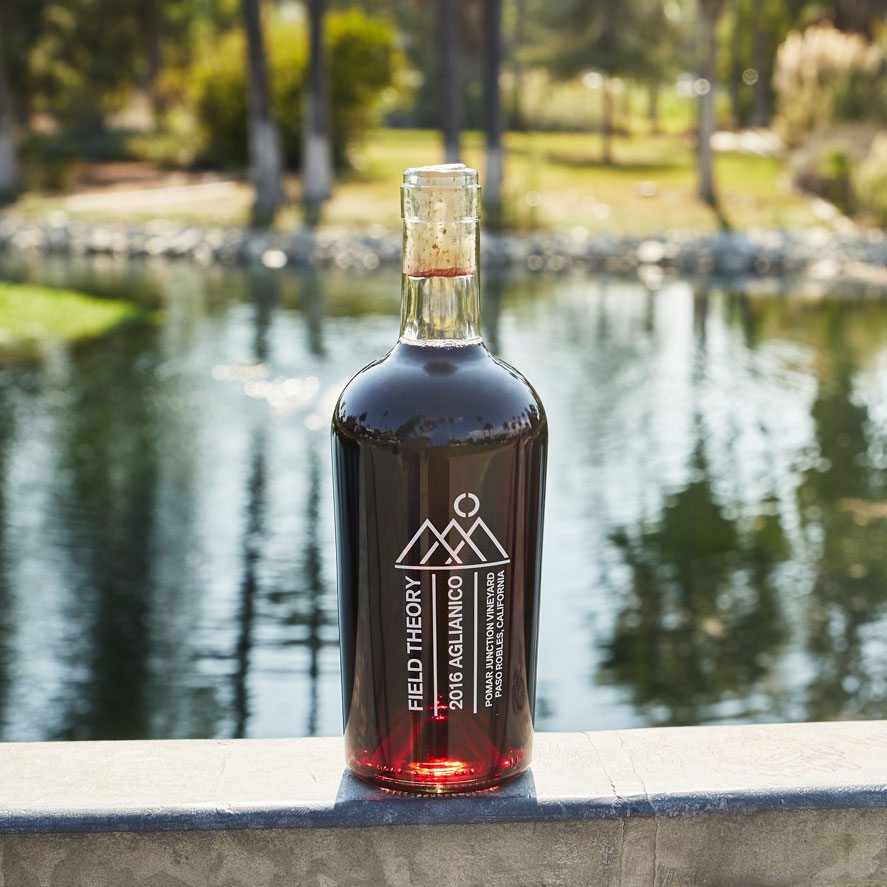
Winc’s Field Theory wines are some of our favorites to have on your radar in 2018. Field Theory celebrates “curious varietals from unfamiliar places” with small lot California wines from rare varietals and hard-to-find vineyards like Albariño, Blaufrankisch and Touriga Nacional. Field Theory Aglianico from Paso Robles is hand picked from Pomar Junction Vineyard and really showcases what the Field Theory project is all about — exploration and experimentation.
Wine #2: Cape Route Chenin Blanc
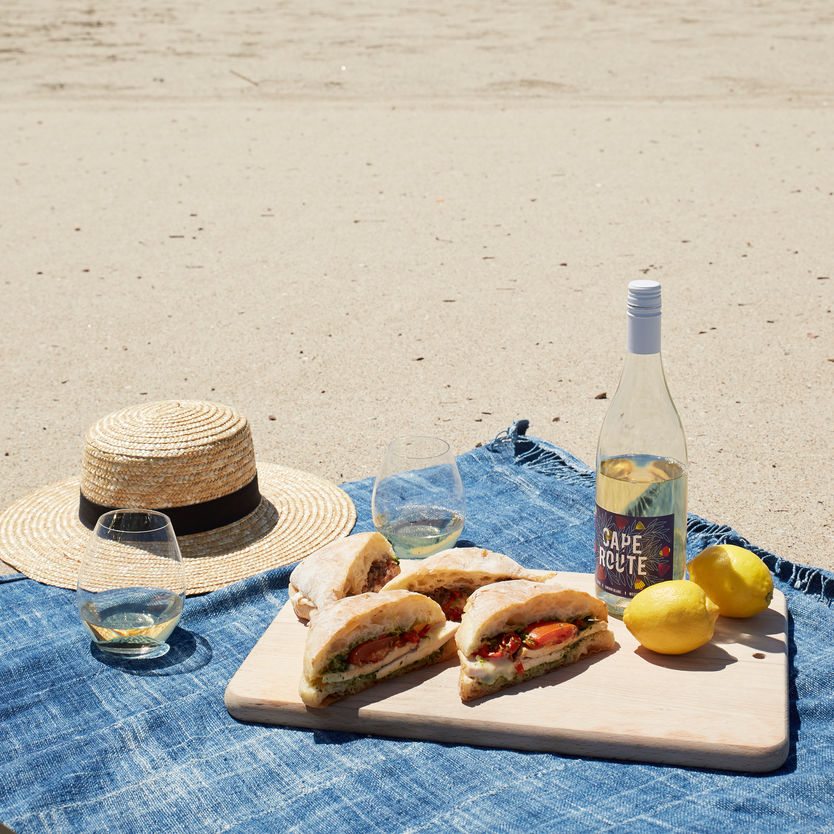
Cape Route Chenin Blanc comes from the Chenin Blanc grape from South Africa. Winc partnered with talented South African winemaker Ernst Storm, who has honed a mix of modern techniques alongside the hand-crafted methods of the Cape, to create this unique and flavorful white wine.
Ernst sourced Chenin Blanc (better known as “Steen” in South Africa) from two vineyards of very different climates; the cooler zone fosters a leaner grape, while the warmer climate promotes riper, rounder fruit. The wine’s hints of lychee, orange zest, white peach, pineapple and grapefruit make it a perfect change of pace for lovers of Sauvignon Blanc in the new year.
Wine #3: Capuchon Carignane
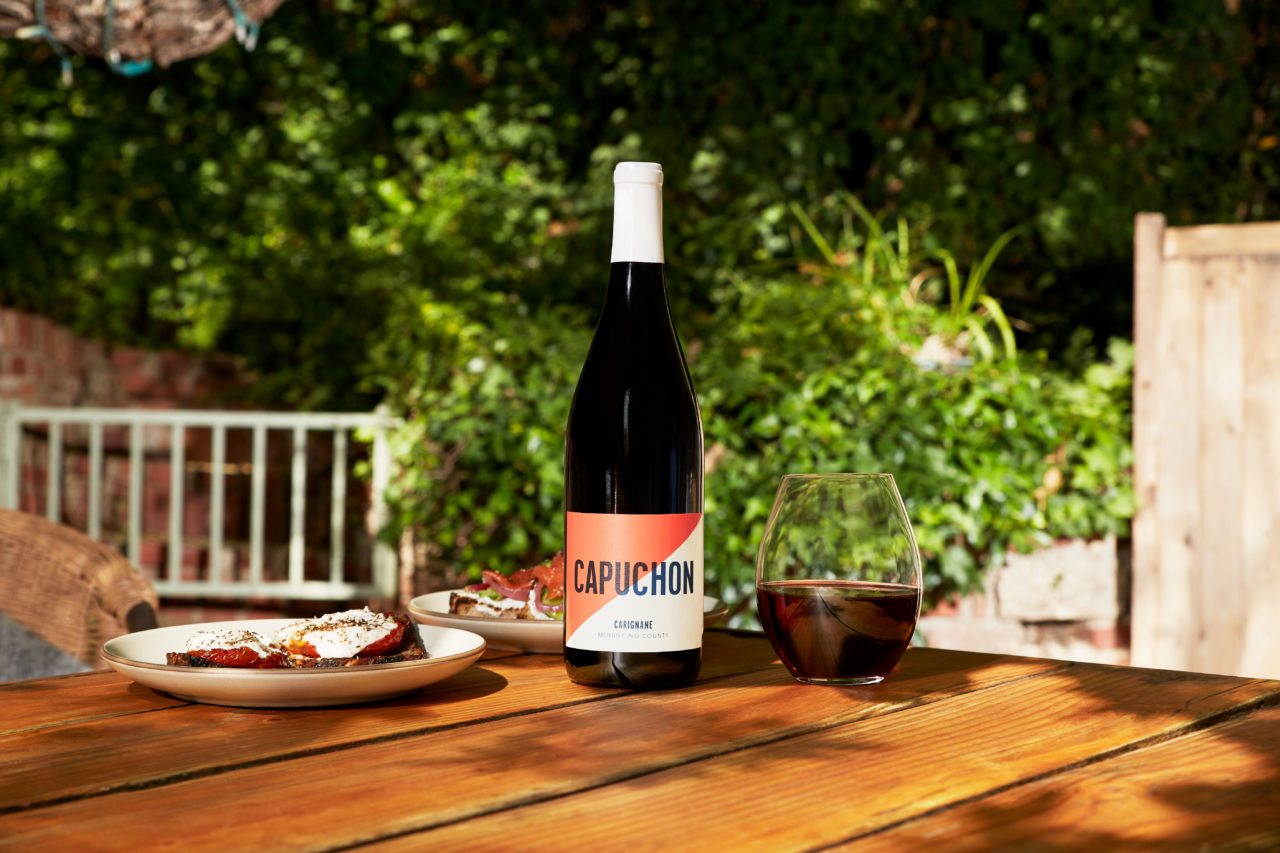
Capuchon pays homage to California-born Rhône varietals, like this single varietal Carignane from Mendocino County. This particular wine’s style is vibrant and expressive of fresh fruit flavors like rhubarb and plum. It’s a great wine for those who want to try a red that is more unexpected than your standard cabernet or pinot noir.
Wine #4: Au-Delá Tocai Friulano
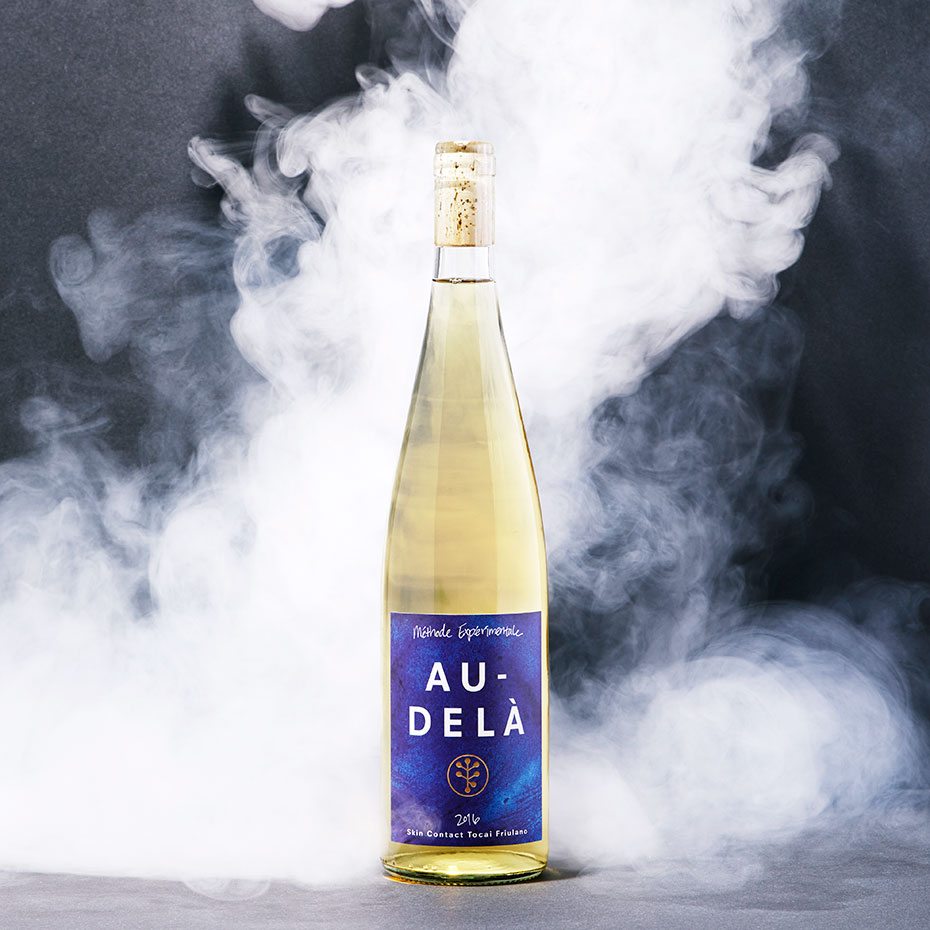
For the adventurous and those who are open to trying unique varietals, our experimental orange wine under the Au-Delá Tocai Friulano project is the perfect fit. If you’re a rosé fan, you will likely appreciate the dryness and high acidity in orange wines.
Why is it orange? For most white wines, the grapes go directly to the press, the juice is squeezed from them and then immediately separated from the skins. This means minimal color is extracted from the grape’s skins (which is where a wine gets its color from). For orange wines, the juice is kept with the grape skins for the entirety of fermentation and sometimes longer, until the ‘must’ (combination of juice and skins) is ready to be pressed. This process is the same process we use for making red wines, and applying that process to white grapes is how we make orange wine.
Wine #5: Field Theory Blaufränkisch
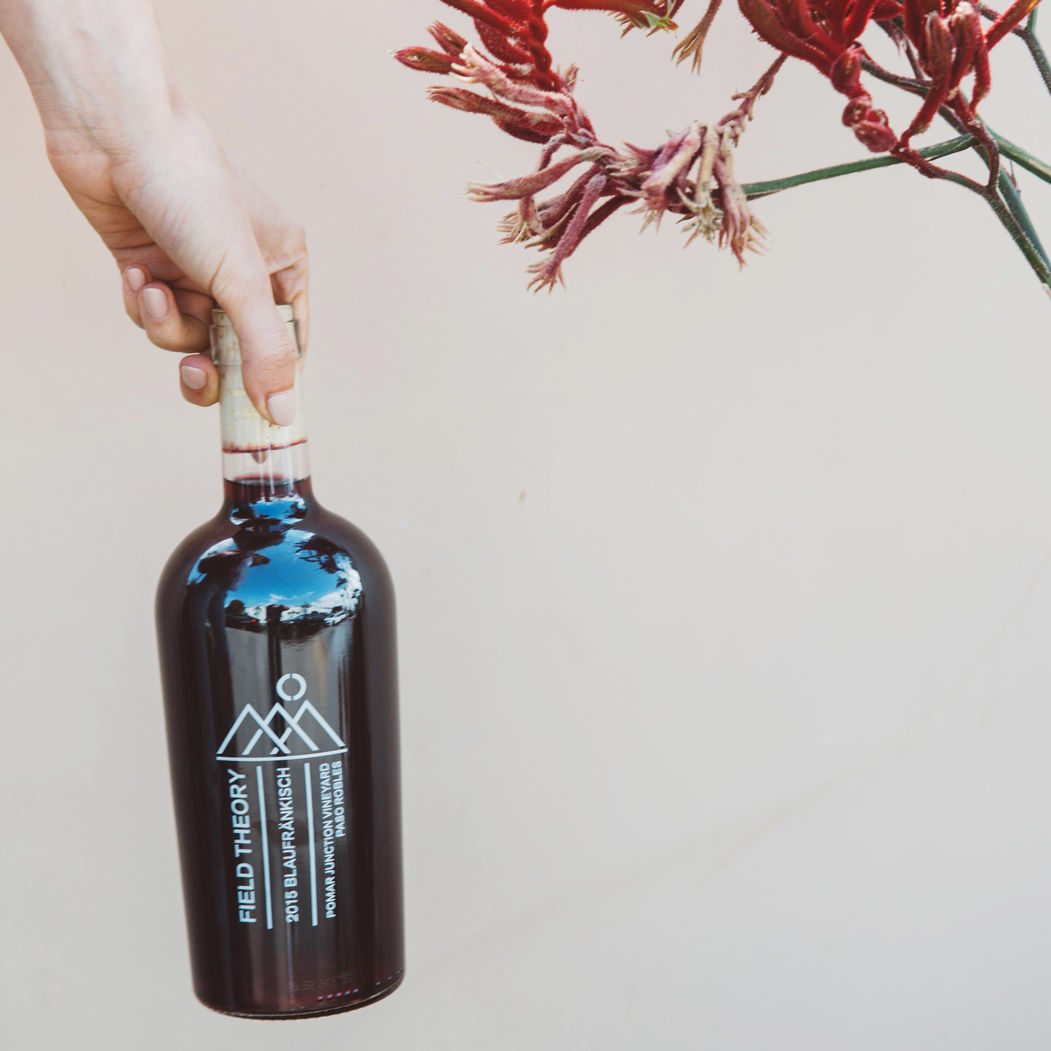
Another wine from our Field Theory project, Field Theory Blaufränkisch, reflects a wine trend we are likely to see continue in the new year. In the world of red wine, it’s often assumed that bold and full-bodied is best. However, we are seeing a generational shift towards sessionable, lighter-bodied reds amongst consumers. Light and lower in alcohol, light-bodied reds are easy to drink and pair very well with dishes of all kinds.
Interested in trying out Winc’s monthly wine club? Head over here to figure out which bottles you’ll like best and to receive a special discount on us!
This post is brought to you by Darling partner, Winc. All thoughts, opinions and reviews remain Darling’s own.
Feature Image via Jayme Henderson; Additional images provided by Winc

